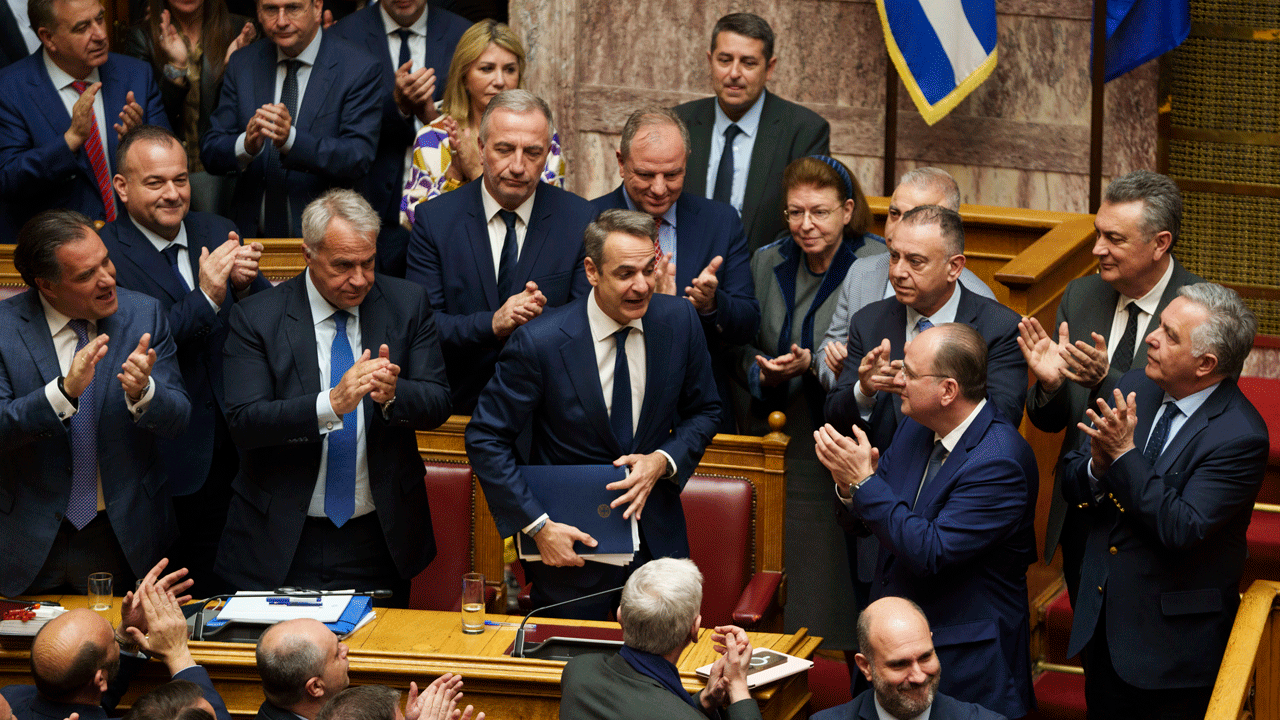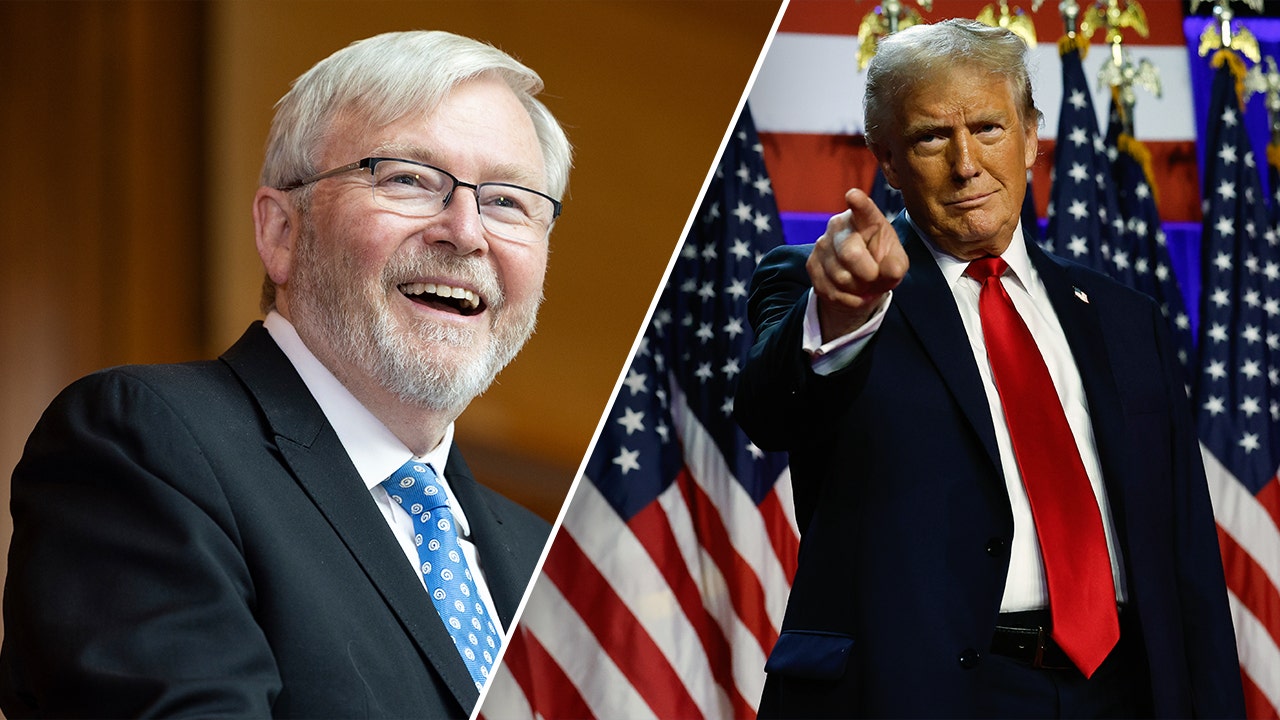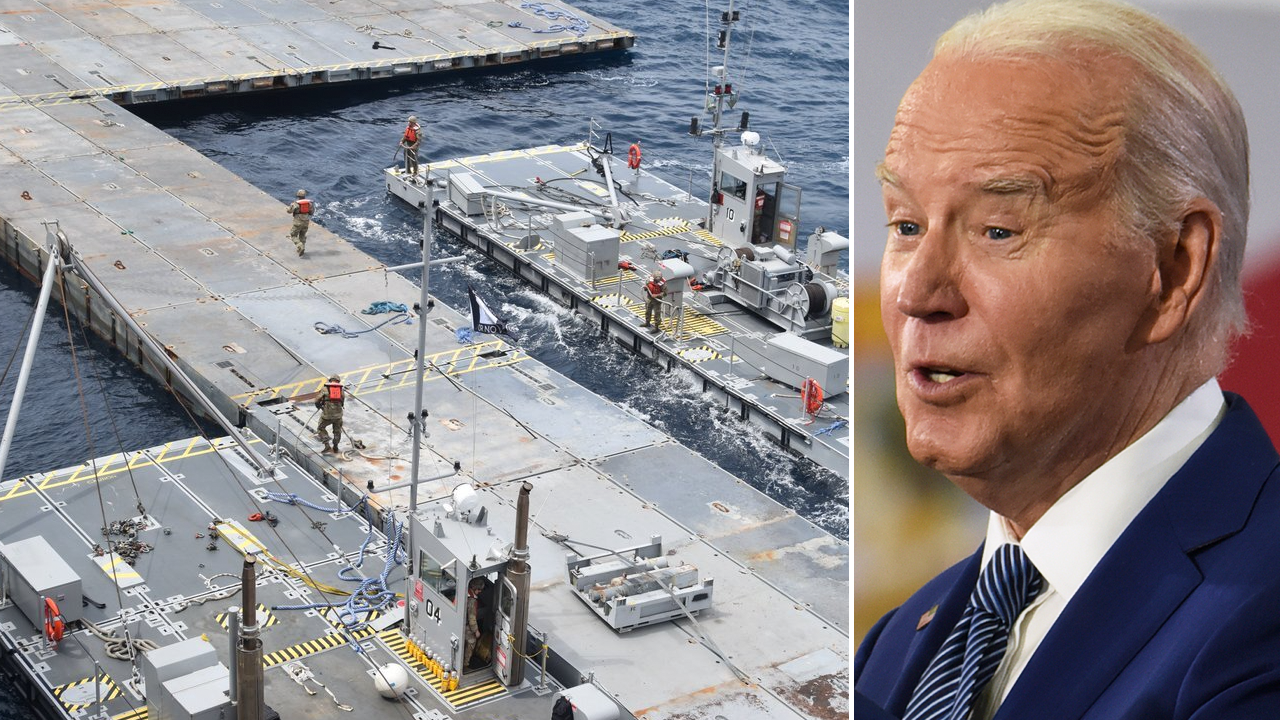West Ham, in the end, could not quite withstand the barrage. Bayer Leverkusen’s first goal — a Jonas Hofmann shot that picked its way through a thronged penalty area — broke its resistance. The second, a late, artful header from Victor Boniface, shattered its hopes. The club’s Europa League adventure will likely extend no further than the quarterfinals.
Still, there is no great shame in that. Leverkusen is, of course, Europe’s great form team: on an unbeaten run that now stretches to 42 games, and on the verge of claiming its first German championship. Xabi Alonso, its estimable young coach, remains on course to claim a treble — league, cup, Europa League — in his first full season.
The bare facts of West Ham’s campaign are not quite as impressive, but they are admirable enough. The club sits seventh in the Premier League, above both Newcastle United and Chelsea and just a point behind Manchester United. A top-six finish remains a realistic ambition.
That would mean another run at Europe next year, a fourth in succession. West Ham is starting to feel at home on the continent: It reached the Europa League semifinals in 2022, losing out to Eintracht Frankfurt, and then beat Fiorentina to claim the Europa Conference League trophy in 2023.
That was West Ham’s first trophy since 1980, and only the fifth major honor in its history. David Moyes, the coach, and his team were met with a heroes’ reception and a bus parade through the streets of east London. The club’s fans have, for much of this season, delighted in making the ever-so-slightly inaccurate claim that they are “champions of Europe.”
Moyes should, then, be able to sit back and take great pride in what he has achieved. When he suggested, in February, that “it would be hard to say there have been many better times at West Ham,” it was hard to quibble. He has been at the club — in his second spell — for five years. By West Ham’s standards, this almost amounts to a golden age.
Which makes it strange, then, that a sizable portion of the club’s fan base would like nothing more than to see Moyes removed from his post. His contract expires this summer. He has said he will make the call on whether to sign a new one at the end of the season. At least half of his public is adamant that should not be an option.
Among the ever-voluble ranks of the Premier League’s commentariat — the hard-nosed veterans and the grizzled insiders who act as the game’s largely self-appointed thought leaders — the mere existence of that schism has caused no little consternation.
What else, they ask, could Moyes have done? True, his teams’ style of play is not always the most aesthetically pleasing. West Ham can be a little more cautious than is perhaps ideal, but then look at all it has achieved: Moyes has established West Ham as a regular presence in the top half of the Premier League. He has turned the club into a regular presence in Europe.
Any dissent, in that view, indicates either a lack of realism or a lack of gratitude on the part of a fan base that has never, certainly not recently, had it so good.
That seems to be Moyes’s overall impression, too. On a human level, it is entirely understandable that he has found the criticism hurtful enough that he has attempted to confront it, to quell it, to put his case.
“Maybe there would be managers who excite them more,” Moyes said of his club’s fans in February. “Possibly. But the one who is sitting here wins more.” (Admittedly, his timing on that occasion was not exactly ideal: The claim was made at a point when West Ham had won precisely none of its previous eight games.)
And that, in both Moyes’s mind and those of his allies, should be the end of the matter. It is a foundational belief of English (and quite a lot of global) soccer that all that really counts is winning. Fans might think they want an exciting, adventurous, thrilling style of play, but they will reject it outright if they start losing.
In the case of the modern Premier League, this is best exemplified by what is best thought of as The Parable of Alan Curbishley.
At the turn of the century, Curbishley had led Charlton Athletic not just to the Premier League, but into the top half of the table. After several years of this quiet triumph, though, the team’s fans grew restless, dissatisfied. They wanted to know what was next. The club eventually caved and replaced Curbishley with a more progressive coach. It was duly relegated.
This happened almost two decades ago. It is still reliably trotted out now, one of those stories told to children to warn them of the dangers of dreaming. Moyes — as well as his many and varied allies — subscribe to this school of thought almost as an article of faith: Be careful what you wish for; better the devil you know.
The problem is that, by citing results as the only relevant gauge, they are inadvertently condemning themselves. West Ham has had an admirable season, but it has won only 13 of its 32 Premier League games. Liverpool beat Moyes’s team, 5-1, to end its stay in the Carabao Cup. West Ham was eliminated from the F.A. Cup by Bristol City. Bayer Leverkusen will, most likely, send it out of the Europa League next week.
This is the reality for the vast majority of teams, of course, for all of those clubs marooned outside the game’s untouchable elite. Seasons do not end in glory. You lose, or at least fail to win, more games than end in victory. The results might be better than expected, or than they would be otherwise. But for most teams success can only ever be relative.
In that context, it is more important than ever — and it has always been important — to offer the fans something else. To make them feel, and make them believe, that they are part of something bigger. That could be a particular style of play. It might be the promotion of youth. It might be an underdog story, or a redemption arc.
But if you are going to persuade fans to endure the times of want in order to get to the moments of plenty, then there has to be something for them to clutch close to their chests. It all has to be for a reason. And warning them that they might lose a few more games if you were not around, that they should appreciate the little you can provide, does not really cut it.
Moyes is, like many in soccer, contemptuous of the fashion for talking about philosophy. He is right to be cynical. Much of it has the air of a sales pitch: empty, misleading and faintly disingenuous.
But to scorn it is to avoid the reality that it has become not only a part of the job but central to it. Managers have always been salesmen, pitching their ideas, their vision, themselves to their players. That has not changed. The only difference now is that has to be communicated to the fans, too.
Every Team Is Good
Bayern Munich, you will have heard, is a bit of a mess at the moment. This weekend, its 12-year reign as German champion will come to an end. In the next couple of months, it will appoint its fourth manager in three years. There are plans in place, by all accounts, to replace a significant proportion of the current squad during the summer.
Arsenal, on the other hand, is the game’s coming force: the outstanding team of the Premier League season — the meanest defense, the most prolific attack — sitting atop the table with just a handful of games left, its fingertips brushing a first championship since the triumph of the Invincibles two decades ago.
How, then, to explain that they shared a (fairly representative) 2-2 draw at the Emirates on Tuesday? How could it be that a side falling apart in the Bundesliga, a league so often derided as a pale, agricultural imitation of its English cousin, now has a chance to eliminate from the Champions League the leader of the mighty Premier League?
Because Arsenal suffered just a little stage fright, perhaps. Because the Bundesliga is not quite as lacking in quality as England, in general, likes to assume. Because Bayern’s fall, while undeniable, is also from a fairly lofty height.
But mainly, the simple explanation is that — for all soccer’s tendency to hyperbole, its overriding obsession with systems, its fetishization of tactical complexity — a single game can be (and often is) determined solely by the talent of the individuals on the field.
And, as all four Champions League quarterfinals this week proved rather neatly, at this rarefied level, there is precious little qualitative difference between the players who make up the teams. Judged over a season, the structures in place at Arsenal might offer a better guarantee of success than those at Bayern Munich. On one evening, in one tie, though, they guarantee nothing at all.
The metaphor was almost a little too obvious. Tradition dictates that, whenever Athletic Bilbao wins a major honor, the club’s squad sails the trophy into the heart of the city on its own barge, La Gabarra.
It was required this week, after Athletic won the Copa del Rey last Saturday, but the barge has been docked for so long — 40 years, in fact — that the club’s staff had to spend a decent portion of Sunday cleaning off the rust.
Still, the parade that followed was worth the hard work: hundreds of thousands lining the banks of the Nervion river, and many more sailing in their own vessels alongside.
The images provided one of those welcome, periodic reminders that soccer tournaments matter as much as we decide they do, as a whole generation of fans has been reared on the idea that domestic cups like the Copa del Rey are a second-order honor, somewhere between a nuisance and an afterthought.
This is, at best, a self-fulfilling prophecy. If clubs cherish these tournaments, then they imbue them with meaning for the fans, and vice versa.
Much the same happened at Roma and West Ham, winners of the first two editions of the (initially maligned) Europa Conference League. They bought into the newfangled tournaments; in doing so, they made winning them a cause for celebration. Trophies mean what we want them to mean, and things are a lot more fun if we want them to mean something.






